Social Services Delivery Innovation Award
This award recognises a public authority or social services provider that has introduced an innovative, creative and impactful approach to improving social services delivery in Europe. The innovation may involve new service delivery reforms, models, or approaches that enhance the quality, accessibility, and sustainability of social care and support, ultimately enhancing the well-being of individuals and communities.
Examples of key areas of innovation in social services delivery:
- Person-Centred and Co-Designed Services – Developing user-led innovations that empower individuals, families, and communities to shape services that meet their needs.
- Use innovation to enhance social services delivery efficiency, reducing waiting times, administrative burdens, and improving access to services.
- Promote a culture of continuous improvement, embedding innovation as a core element of social services delivery.
- New Workforce Development Models – Introducing innovative ways of organising the workforce to strengthen the social care workforce and attract new talent.
- Raising Standards in Service Delivery – Implementing new care models, tools, or strategies that improve service quality, consistency, and excellence in social services.
Special consideration is given to initiatives that:
- Demonstrate innovative approaches including co-design and person-centred care and support, ensuring services are tailored to individual needs of people using social services.
- Promote new ways of engaging the workforce, addressing new organisational ways, attracting and retaining talent.
- Demonstrate measurable impact, with evidence of improved outcomes in relation to service delivery for service users and communities.
- Are scalable and transferable, offering a model that can inspire similar innovations across Europe.
Social Services Delivery Innovation Award 2025 Winner
Title: “Elevating Standards: A Journey through Care in Practice”
Organisation: Northern Ireland Social Care Council, United Kingdom
More information here: https://niscc.info/
The CiP Framework is a transformative initiative designed to support the professional and career development of over 41,000 social care staff working across the life course including supporting those with complex and/or additional needs. It addresses key sector challenges enabling a workforce to be valued, supported and trained. The Framework offers two interlinked pathways—one for qualifications and one for continuous professional learning—building knowledge, skills and values. The pathways support delivery of safe, compassionate care, provide clear routes for career progression and foster a culture of lifelong learning.
The Framework includes a new entrance level qualification that helps staff acquire the basics needed to provide safe and compassionate care. A recently launched CiP interactive web resource has already engaged over 7,000 users, with early feedback showing strong endorsement from employers and staff. The Framework is helping to shape a stronger, more confident, capable, and better prepared social care workforce.
Social Services Delivery Innovation Award 2025 Nominees
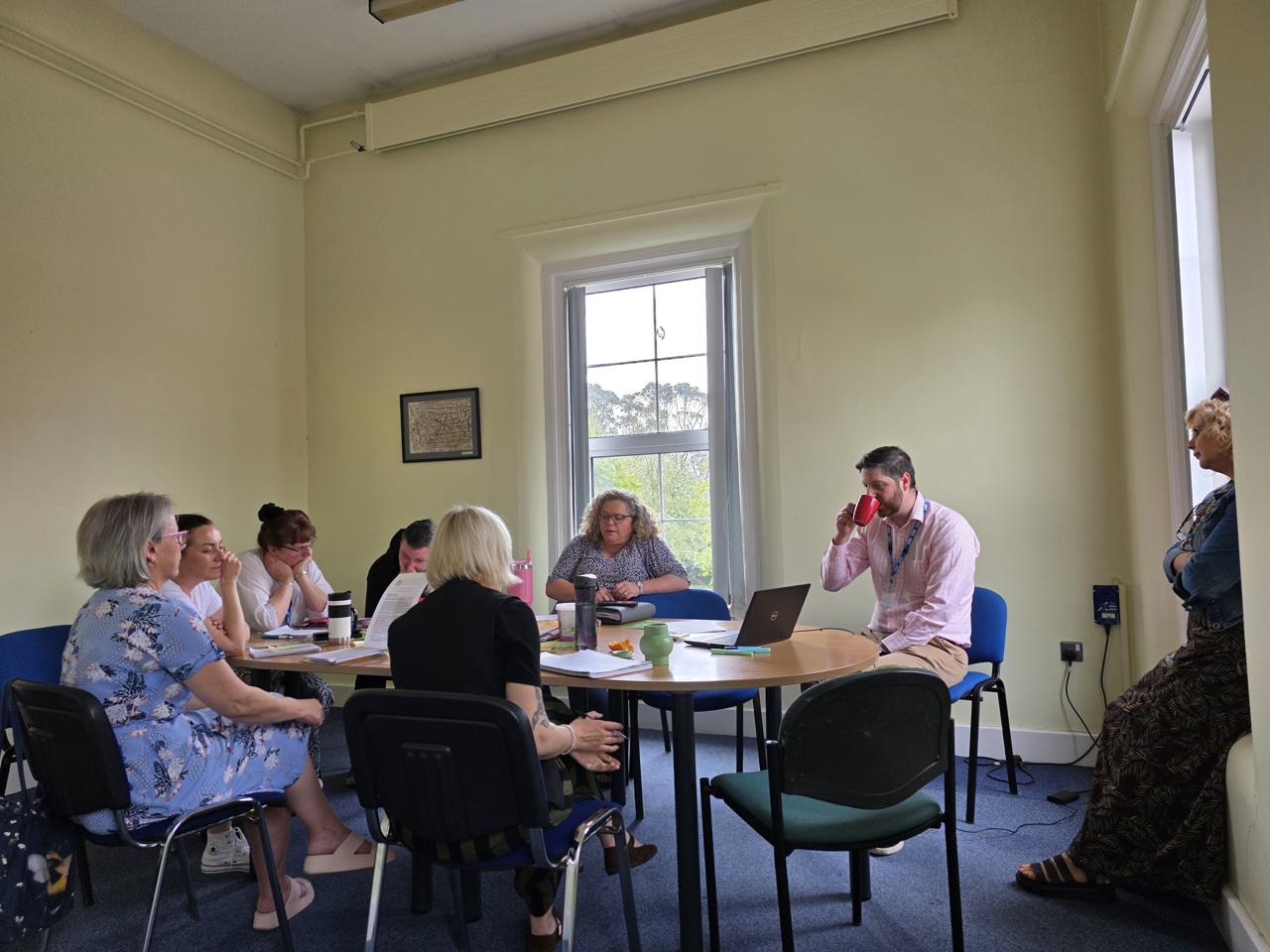
Title: “Working Together; Everyone Benefits”
Organisation: South Eastern Health & Social Care Trust (SET) Local Engagement Partnership
More information here: https://setrust.hscni.net/
Summary: The South Eastern Health & Social Care Trust Local Engagement Partnership, were alarmed by those with lived experienced from across Northern Ireland, who told us, via the ‘10,000 More Voices regional Social Work survey’, that social work practice was falling short in terms of meeting expected standards in the areas of contact timeliness, communication quality, relationships, and decision-making. This prompted our Local Engagement Partnership (LEP) to launch a coproduced workshop called ‘Working Together: Everyone Benefits’, targeted at challenging practitioners to consider their core values and standards of conduct. Each workshop is delivered jointly by a LEP member with lived experience and a social worker. It increases impact for participants who hear directly from someone with lived experience in relation to what they would have wanted in a particular situation, using real-life examples that either support or are barriers to the practice standards expected by the 10000 More Voices survey. The workshops also empower those who receive services to directly impact service delivery.
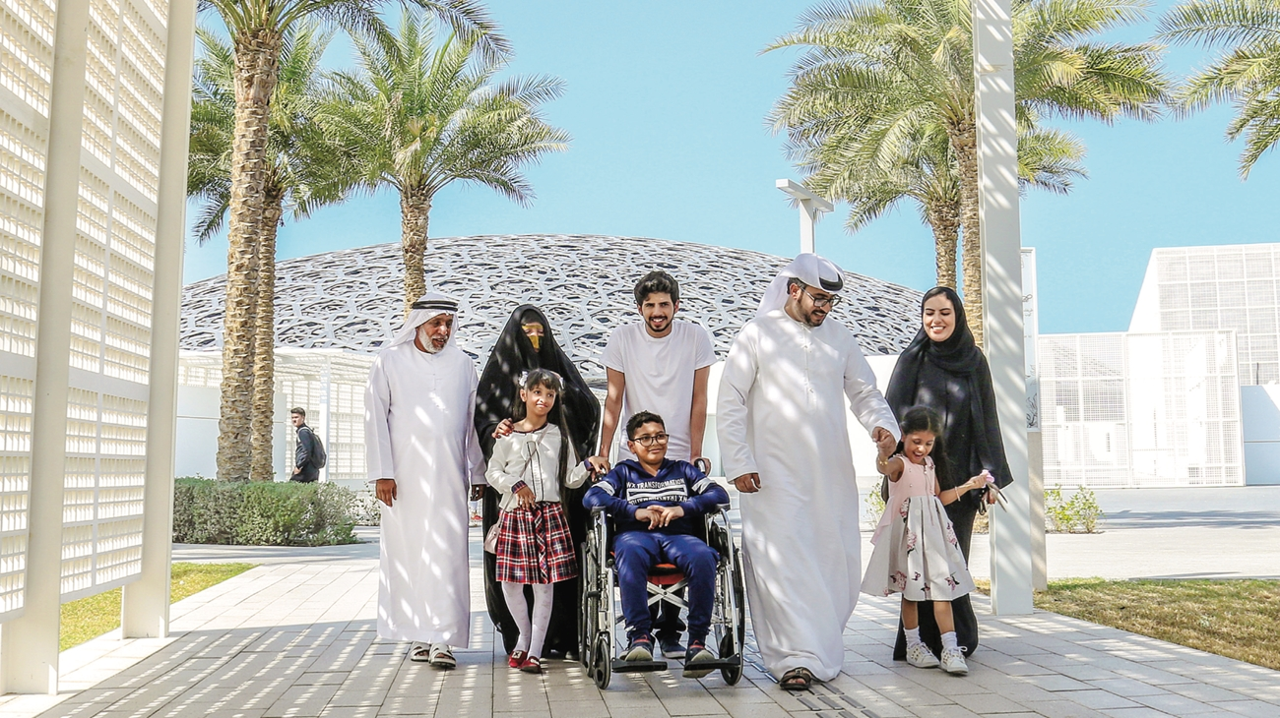
Title: “Customer Experience Effortless Project”
Organisation: Abu Dhabi Social Support Authority, United Arab Emirates
More information here: https://ssa.gov.ae/en
Summary: The Effortless Customer Experience Project is transforming how low-income families in Abu Dhabi access financial support—making the process faster, simpler, and more dignified. For years, families struggled with unclear applications, endless paperwork, and delayed payments. By redesigning the service from the ground up, the Abu Dhabi Social Support Authority has introduced instant eligibility checks powered by smart automation, integrated IT systems with 27 different government entities to ease documentation burdens and launched in-person home visits for families with complex needs. At the same time, the Authority trained its social services workforce in customer care and case management, ensuring families receive a more compassionate and responsive service. These changes have reduced the average time for families to receive support from 90 days to just 7, directly benefiting more than 4,500 families, equal to 30,000 individuals across Abu Dhabi. By combining cutting-edge technology with human-centred design, the project has achieved a 91% user satisfaction rate, restored trust, and delivered faster, more efficient services, setting a new benchmark for the future of social protection in the United Arab Emirates.
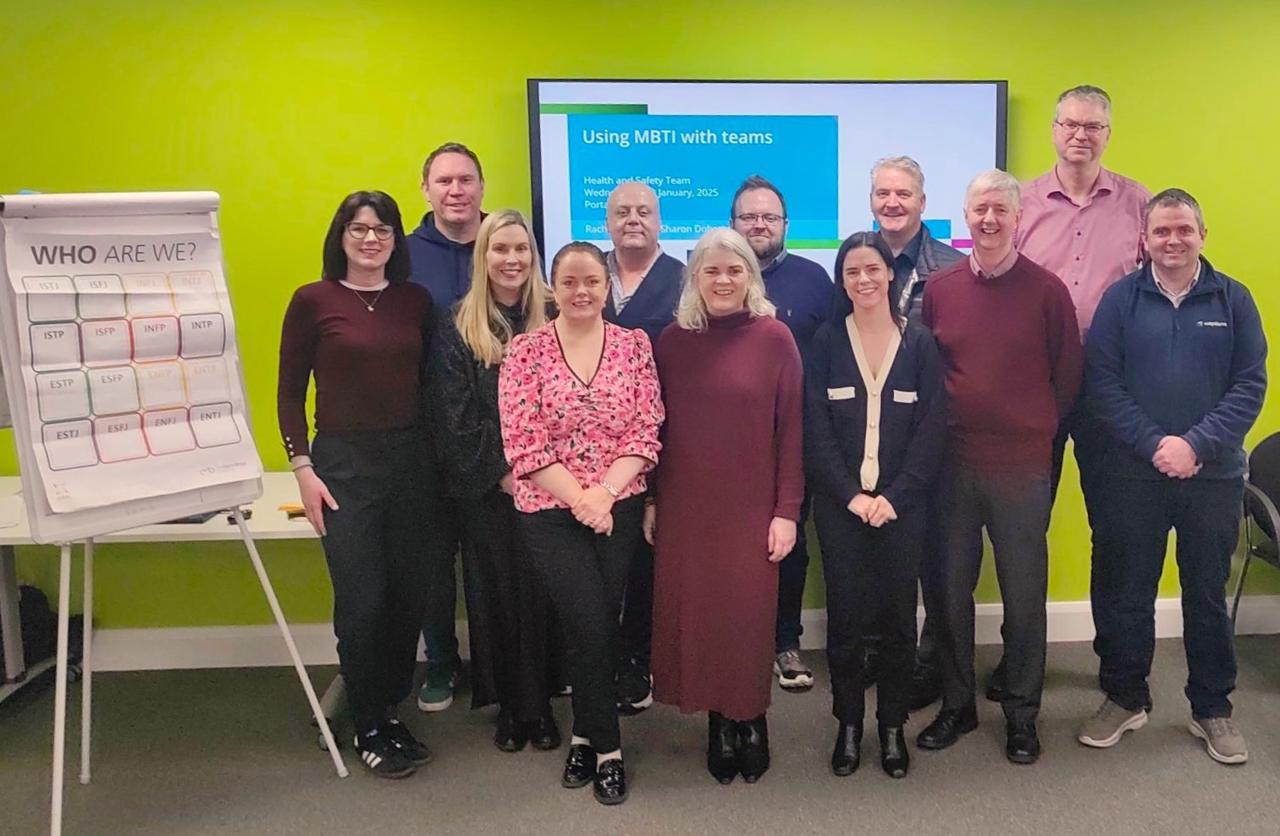
Title: “Supporting Social Services Responding to Violence, Harassment & Aggression (VHA)”
Organisation: Child and Family Agency of Ireland (TUSLA), Ireland
More information here: https://www.tusla.ie/about/
Summary: This project led by Tusla, Ireland’s national Child and Family Agency, addresses the increasing risks of violence, harassment, and aggression faced by social service employees in high-stress environments. Since 2022, the agency has implemented a national support programme that includes mandatory e-learning, in-person training, a 24/7 online support portal, and detailed guidance on managing harassment, including on social media. Safety pods introduced as part of the initiative have led to a 57% reduction in the use of physical restraints within services and a 95 percent drop in related sick leave. Staff feedback has been overwhelmingly positive, with over 90% reporting that the training is applicable to their role and recommending it to colleagues. Operating across 300 locations and covering all 5,500 agency employees, the programme also engages with external partners including police, healthcare, education, and legal entities. It represents a scalable and innovative model for workforce protection that can be adapted by other social service organisations across Europe.
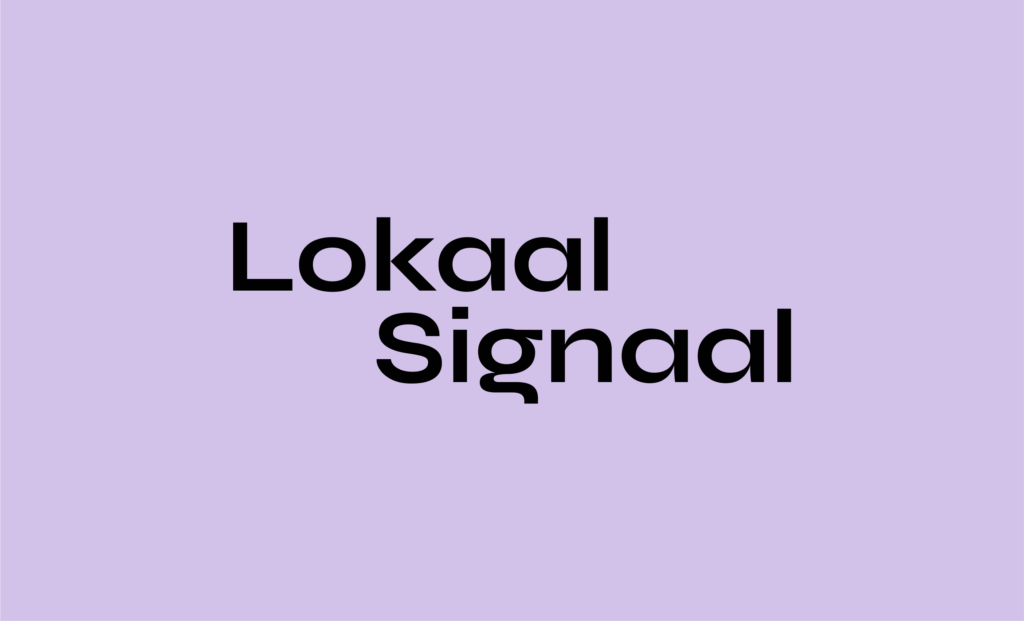
Title: “Lokaal Signaal – a Digital Tool & Process”
Organisation: Association of Flemish Cities and Municipalities (VVSG), Belgium
More information here: https://lokaalsignaal.be/
Summary: This project supports frontline professionals such as social workers, teachers, home nurses and volunteers by giving them a simple and effective way to report recurring social problems they observe in their daily work. Through a user-friendly digital platform, Lokaal Signaal collects these signals and turns them into insights that help local governments improve policies in areas like housing, mental health and poverty. The tool protects user privacy, is GDPR compliant and creates a valuable feedback loop where professionals are informed about how their input leads to action. This strengthens trust and encourages consistent engagement. Already active in nine municipalities in Flanders, the project is designed to be scalable across the entire region. By combining lived experience with smart technology, Lokaal Signaal helps make social policy more responsive, inclusive and grounded in real community needs.
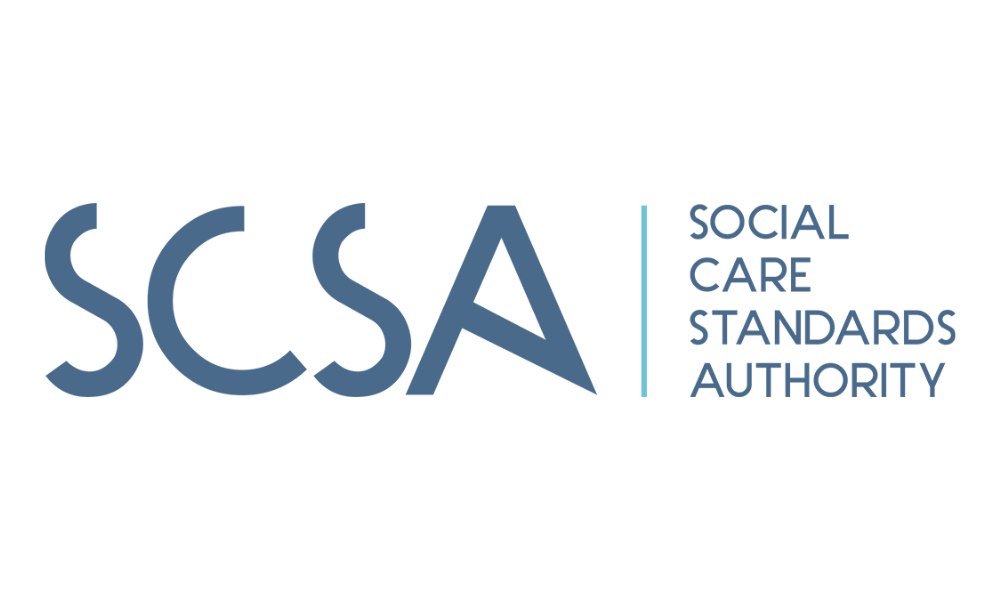
Title: “Raising Quality in Malta's Social Services through Licensing Innovation”
Organisation: Social Care Standards Authority, Malta
More information here: https://scsa.gov.mt/
Summary: Through a reformed licensing framework, the Social Care Standards Authority (SCSA) enforces clear, transparent licencing for all providers, whether public, private, or voluntary. The project tackles key challenges in Malta’s social care sector, such as inconsistent service quality, low accountability, and limited professional recognition. The initiative modernises application processes, reduces administrative burdens, and strengthens communication between regulators and providers. It promotes a culture of continuous improvement, balancing enforcement with support, and encouraging innovation at the heart of service delivery to ensure renewed public trust in social care systems. The developments are driving progress across the sector, cultivating a culture of accountability and high standards in social care. The initiative is also driving a shift in mindset, where licensing is no longer seen as a formality but as a tool for professional development and quality assurance. So far, the SCSA has issued 219 active licences, supporting services accessed by over 40,000 individuals.
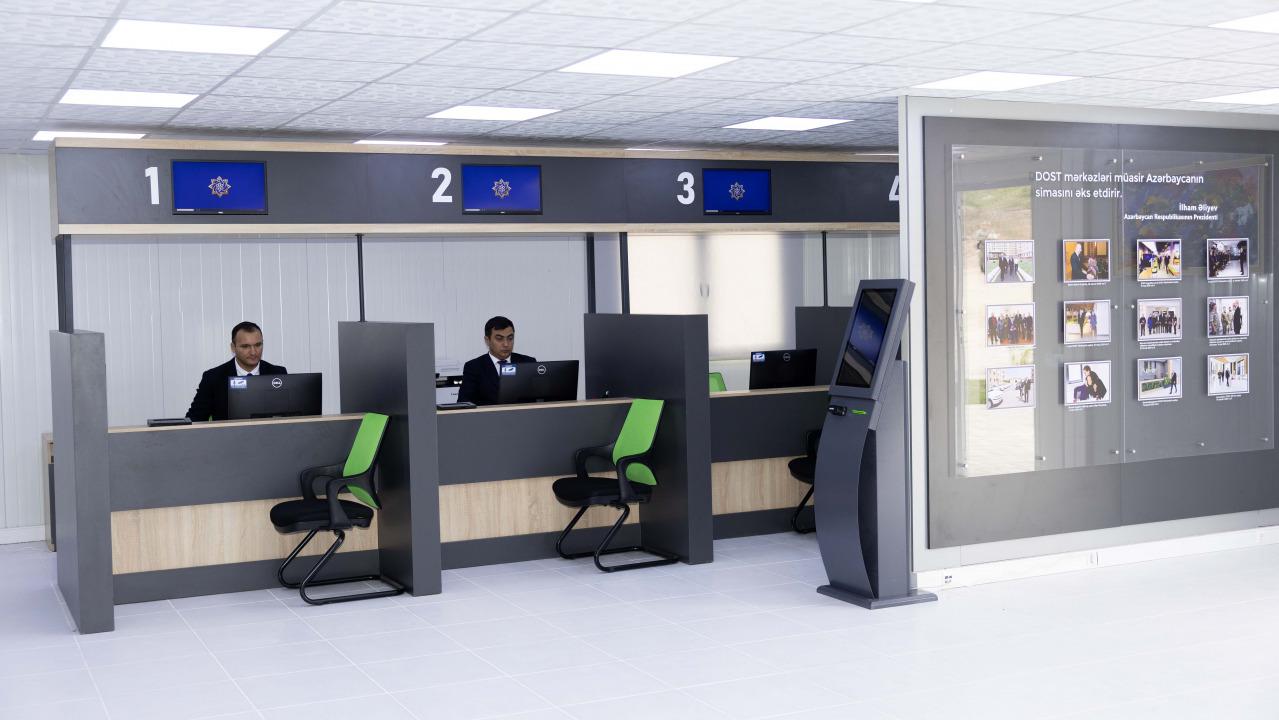
Title: “DOST: A Citizen-Centered, Digitally-Driven Social Innovation”
Organisation: Agency for Sustainable and Operative Social Provision (DOST Agency), Azerbaijan
More information here: https://dost.gov.az/en/
Summary: The DOST Agency was established to solve one of Azerbaijan’s most pressing public sector challenges: fragmented, inefficient, and inaccessible social service delivery. Before DOST, citizens had to navigate a maze of different government bodies to access essential support, often facing delays, duplication, and barriers that disproportionately affected vulnerable groups. DOST radically transformed this reality by unifying 161 services under a single umbrella, delivered through digital, physical, and mobile channels. This citizen-centric model has redefined how people interact with the state, making access to services fast, transparent, and barrier-free — anytime, anywhere. By 2027, the Agency plans to expand further with 17 regional centres and 55 local branches to ensure nationwide, accessible social service coverage for all citizens. By making services accessible to over ten million citizens nationwide, achieving an over 98% satisfaction rate, and inspiring growing international replication, the DOST Agency has proven its ability to deliver long-lasting impact to Azerbaijani society. DOST is more than a service centre — it is a model of how social protection systems can be modern, human-focused, and scalable, ensuring no one is left behind.
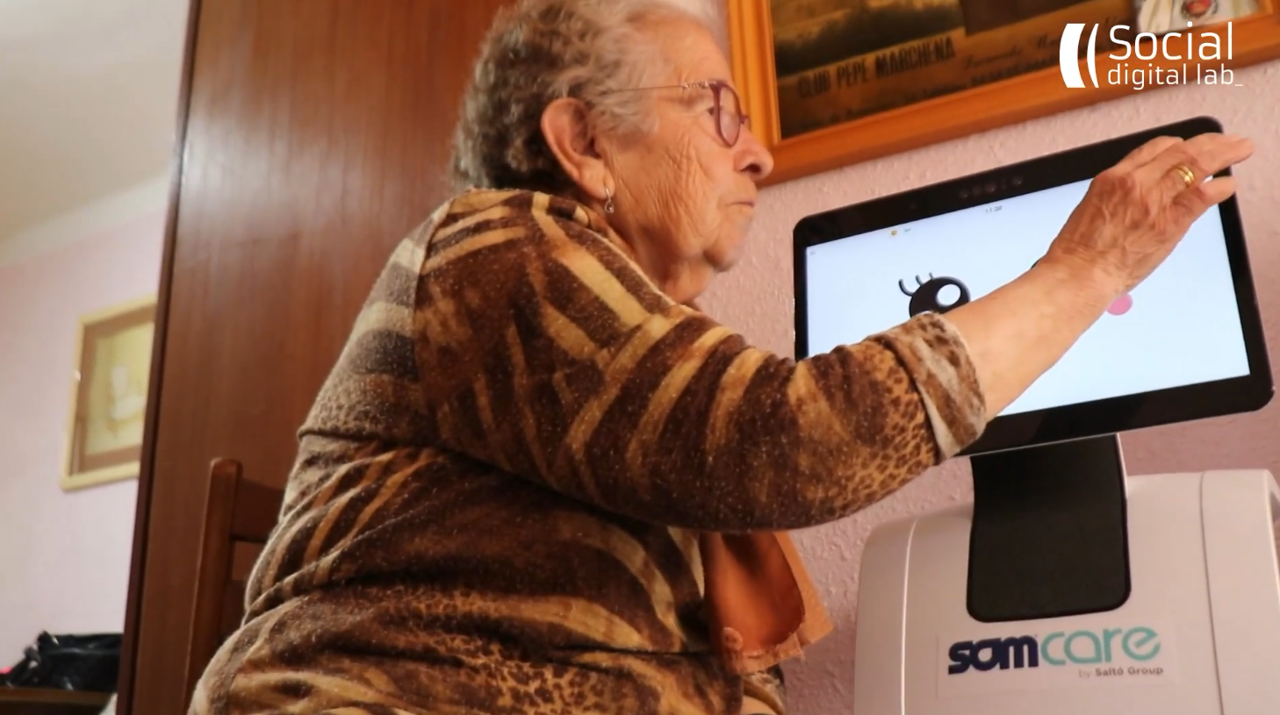
Title: “Assistive Robotics in Care Homes: Enhancing the Quality of Care”
Organisation: Suara Cooperative, Spain
More information here: https://suara.coop/en/revolutionizing-care-older-adults-assistive-robotics
Summary: Improving the quality of life of older adults is a growing challenge in ageing societies, where care of dependent individuals is often insufficient due to limited resources and growing demand. In this context, this project has integrated assistive robotics technologies in care homes to support autonomy, promote healthy ageing, and optimise human resources, enhancing quality of life and reducing workloads. By automating routine tasks, monitoring health, and reducing isolation, these technologies improve both physical and emotional well-being. Moreover, they support the work of care professionals, as these functionalities allow them to focus on higher-value activities such as personalised attention. As of June 2025, this reached 74 people with mild cognitive impairment being cared for in two residential centres managed by Suara Cooperative. This initiative represents a profound transformation in the way social services are delivered through the introduction of advanced technology.
